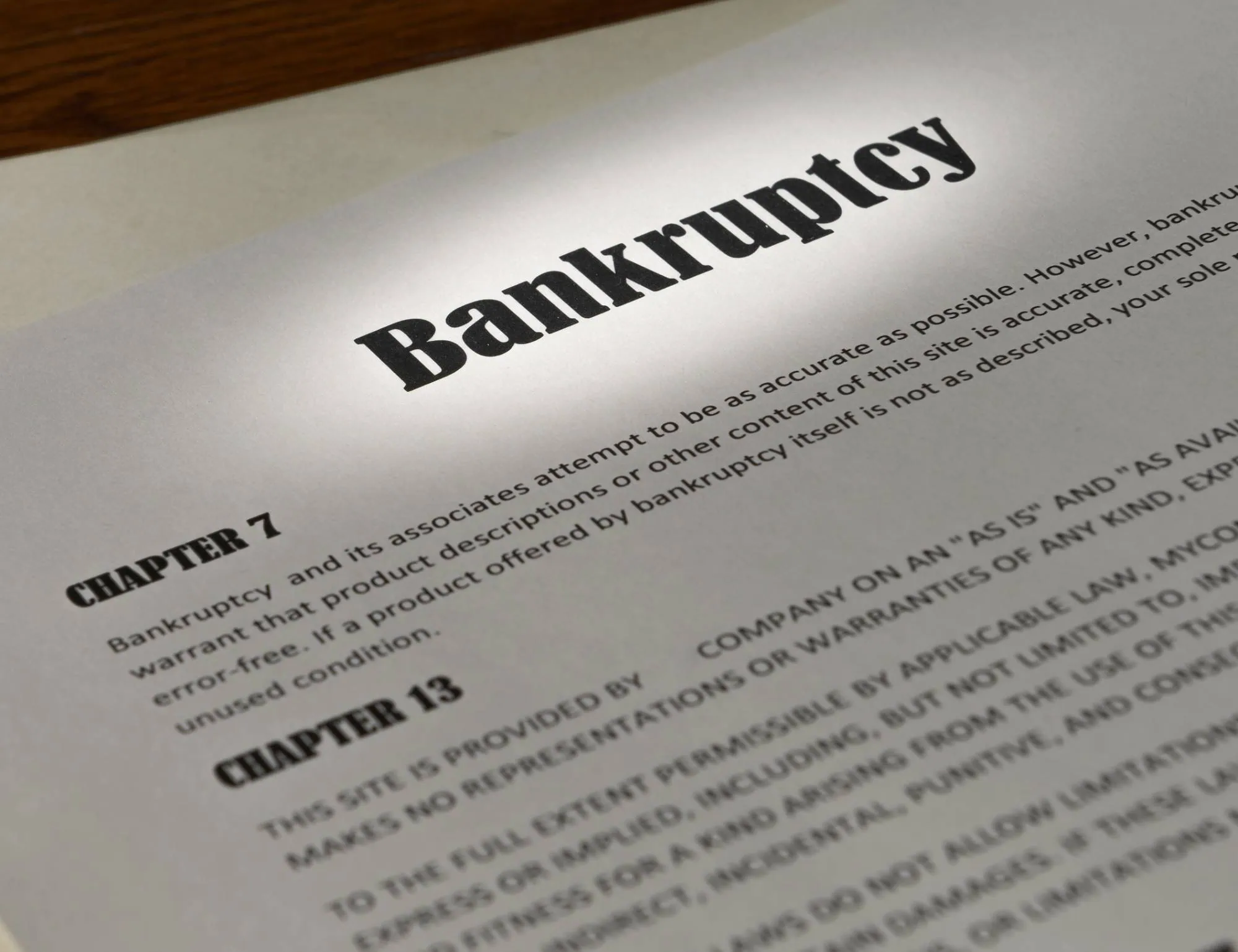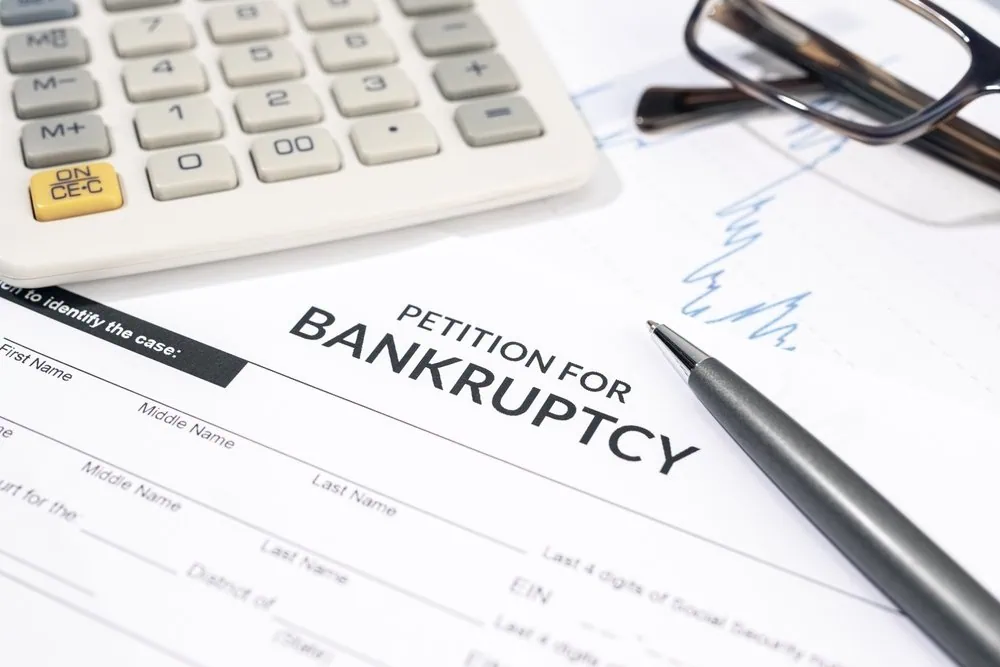Filing bankruptcy is one of the best ways to get a financial fresh start and to get relief from debt collectors and creditors calling. Unfortunately, many people who are in serious debt trouble and who could benefit greatly from bankruptcy are concerned about filing because they worry they will lose their car.
The reality is, in most bankruptcies in Nassau County, New York, you are able to keep your vehicle even when you discharge your debts. The key factors that affect your ability to keep your car include whether you owe money on it, whether you can pay what you owe, how much your vehicle is worth, and what chapter of bankruptcy you file under. Since there are so many variables, the best option you have is to contact an experienced Nassau County bankruptcy lawyer to get advice on your particular situation.
Keeping a Car in Nassau County Bankruptcy
If you file for Chapter 13 bankruptcy, you should be able to keep your vehicle as long as you are able to pay the car loan. In some cases, if your vehicle is worth less money than you owe on it, the amount you owe can be “crammed down.” This essentially means that your secured car loan balance is reduced to the actual value of the vehicle. The remaining balance can be considered “unsecured” debt and included in a Chapter 13 repayment plan where you will pay on it for three to five years but may not pay it in full.
If you file Chapter 7 bankruptcy, on the other hand, it becomes more complicated to determine if you can keep your car. First and foremost, you must be able to pay the loan just as under Chapter 13. Car loans don’t just get discharged in any bankruptcy if you keep the vehicle, since the debt is secured and the car is collateral for the loan.
If you are able to pay, however, this is not the end of the issue in a Chapter 7 filing. When you declare Chapter 7 bankruptcy, you must turn over eligible non-exempt assets to be sold to generate money to repay creditors. A car that you have equity in can be considered an asset. In other words, if your car is worth $10,000 but you only owe $7,000 on the vehicle, you have $4,000 in equity. Selling the car would allow the original loan to be repaid and would leave an additional $4,000 to repay your other creditors.
You do not, however, need to sell your car in all cases where you have equity. This is because New York law has exemptions, which let you keep certain assets even in a Chapter 7 filing. The law allows you to keep up to $4,000 in equity in your vehicle. So, as long as your car is worth $4,000 or less and you can pay the bills on it, you should not have to give up your vehicle. You can also use New York’s “wild-card” exemption to protect an extra $1,000 in equity, meaning you can keep cars valued at up to $5,000 total provided you do not need the wild-card exemption to protect other property.
An experienced Nassau County bankruptcy lawyer can help you to better understand the impact of the bankruptcy on your right to your vehicle, so contact Ronald D. Weiss, PC today for help.




